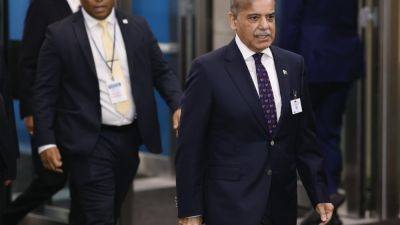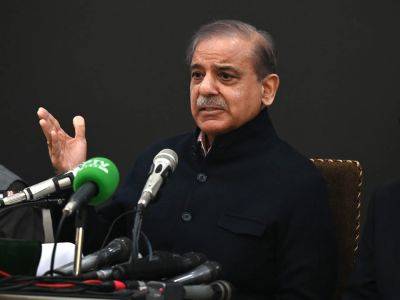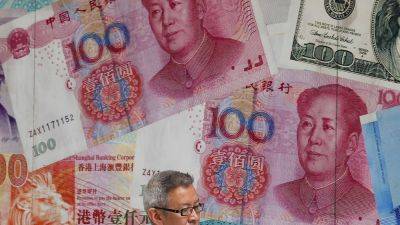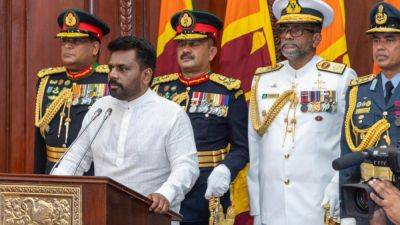IMF loan offers Pakistan relief but long-term reforms remain a challenge
The $7bn loan is a lifeline for Pakistan’s struggling economy, but experts say the country needs fundamental changes.
Islamabad, Pakistan – After days of uncertainty, the International Monetary Fund (IMF) approved a $7bn loan programme for Pakistan on Wednesday, a move analysts welcomed for its potential to stabilise the South Asian nation’s economy. However, they also cautioned that it places significant responsibility on the government to pursue reforms for long-term stability.
Pakistan had reached a staff-level agreement with the IMF in July for the 37-month loan – its 25th since 1958 – but delays in securing a final approval created market uncertainty.
Prime Minister Shehbaz Sharif, currently attending the United Nations General Assembly in New York, hailed the decision, insisting that the government was committed to implementing reforms demanded by the deal. He said he also hoped that this would be “Pakistan’s last IMF programme”.
Economic analyst Uzair Younus said that while Pakistan has stabilised after a prolonged period of volatility, much work needs to be done.
“The agreement, in the short term, will create space for the government, but if the medium-term outlook is to improve, then the government needs to pursue structural reforms that create both fiscal space for Islamabad and assuage concerns about debt sustainability,” the Washington, DC-based analyst told Al Jazeera.
Pakistan’s debt, which poses the biggest strain on its $350bn economy, requires $90bn in repayments over the next three years, with the next major tranche due in December.
Foreign reserves with the central bank currently stand at $9.5bn, sufficient to cover just over two months of imports.
Sajid Amin Javed, a senior economist at the







